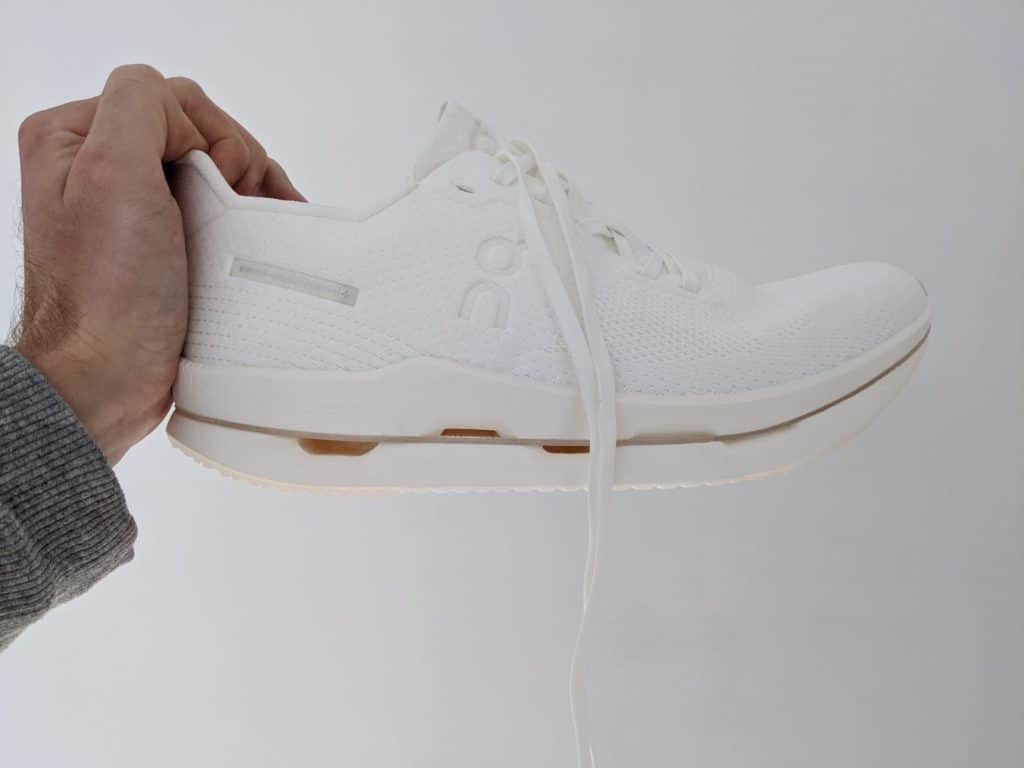On Wednesdays and Sundays, you’ll usually find me standing on the side-lines watching my daughter play football in the under 12s league for the Devon Football Association. Ella wears one kit for training, another for matches. The small, black microplastics from the astroturf get everywhere. She regularly brings home plastic trophies that will eventually end up in landfill. Then there’s the petrol-fuelled mileage to get to each fixture.
Sure, football is about way more than fitness – it’s a community, a culture, and Ella’s team learns invaluable lessons about confidence, communication and commitment. But what about environmental responsibility?
Let’s kick off with the land.
Pitch power
Real grass provides habitat for microbes and insects, it soaks up water more effectively and can store carbon, too. Plus it’s biodegradable. Plastic pitches, usually made from ground-up tyres known as ‘rubber crumb’ don’t require mowing. They are low maintenance and durable, but artificial astroturf (known as 3G) is built on a base of sand not soil, it contains microplastic particles and persistent forever chemicals known as ‘PFAS’ that escape into waterways.
The Scotland-based environmental charity Fidra suggests that things like cork or coconut husk could be used instead of plastic, and that better pitch management and filters in nearby drains can reduce the risk of microplastics escaping into the environment. Perhaps hybrid pitches that feel real but last longer thanks to synthetic stitched fibres integrated within natural turf, could be a compromise?
The big players like Nike, Adidas, and Puma are all making steps towards using recycled materials, but in an industry focused around performance, sustainable materials and design are not high on the agenda. Ed Temperley, co-founder of WAES Footwear
So far, 8,726 grass pitches have been improved nationally, thanks to The Football Foundation’s campaign to improve 20,000 grassroot football fields and a fund available to local clubs. Where pesticide chemicals are often used to ensure a uniform look, some are pioneering a different approach.
Forest Green Rovers, in Gloucestershire, prides itself on its organic pitch. In fact, it’s the world’s first UN certified carbon-neutral football club, thanks to numerous efforts that include switching to vegan food, 100 per cent renewable energy supplies, rainwater recycling and a solar-powered lawn mower.
At the Premier League club level, Liverpool and Tottenham Hotspur ranked joint top of the leader board for the annual Sport Positive League in 2021, which highlights planet-friendly initiatives of top professional clubs. Liverpool offers meat-free match days and encourages active travel to the stadium, with a free cycle hub and electric vehicle charging points, while Spurs’ new stadium is surrounded by a wildflower meadow, two ponds, bug hotels and bat houses.
Show your stripes
Last year, the global football boot market was valued at more than US$18bn. That’s a lot of studs.
Some brands have introduced eco-versions of sports shoes but the complex, composite nature of football boots means they can’t yet be recycled. “The big players like Nike, Adidas, and Puma are all making steps towards using recycled materials, but in an industry focused around performance, sustainable materials and design are not high on the agenda,” says Ed Temperley, co-founder of WAES Footwear, a brand that makes zero-waste, plastic-free vegan trainers.
“The small steps which have been taken are largely used to greenwash marketing campaigns rather than create any meaningful change,” warns Temperley.
In fact, Swiss brand, On Running has recently created a running trainer made primarily of castor beans. But the real beauty lies in the subscription model that encourages customers to return shoes instead of throwing them away, so the raw materials can be reused to make more products. It’s certainly a step forward.

Every new season heralds a new range of kit, made predominantly from synthetic polyester fibres sourced from fossil fuels. But alternatives are slowly coming onto the market. The Nottingham-based custom kit company PlayerLayer designed a range for Forest Green Rovers that’s made from 65 per cent recycled polyester and 35 per cent coffee grounds which are spun into a yarn. With a relatively reasonable price tag (£43), perhaps more clubs will follow suit next year?
According to football trade body FIFA, there are five billion football fans around the world.
Reading Football Club recently went one step further with its kit, in a new project with the University of Reading. The sleeves incorporate the distinctive climate stripes designed by Professor Ed Hawkins in 2018 to represent colder- and hotter-than-average years since the club began 151 years ago. Each shirt is manufactured using a recyclable yarn called Eco-Softlock made of recycled plastic PET bottles. As Tim Kilpatrick, head of commercial at Reading FC, puts it: “Featuring the climate stripes in the design of our home kit is one way we hope to inspire more climate conversations amongst our supporters and our local community.”
A platform for change
According to football trade body FIFA, there are five billion football fans around the world. Katie Cross, a player in the Bristol Women’s Casual League, believes sport is a massively untapped resource when it comes to inspiring positive change. In partnership with the Football Supporters’ Association, her campaign, Pledgeball, encourages football fans to make a low-carbon lifestyle pledge.
“Each match day, fans go on [to the website], pledge to do one or a number of things, the team with the pledges that reduce the most emissions wins the fixture and that determines their standing within the Pledgeball league,” she explains.

“It doesn’t take a very large number of people to trigger a social movement – we know a big proportion of people support climate action but don’t do anything about it because of this feeling of powerlessness as an individual. That paralysis is a barrier.”
Football has a unique potential to drive change by intrinsically linking climate action with what people are already emotionally engaged with. Katie Cross, player and founder of the Pledgeball campaign.
“The aim is to inspire a conversation, introduce that raised consciousness and to shift that feeling of paralysis into a feeling of empowerment,” explains Cross, who has created a free online toolkit for supporters’ associations. “The stats demonstrate the impact that small changes can make across a stadium full of people – Bristol city’s home stadium – where fans reducing shower time to five minutes equates to taking over 2,000 cars off the road. That’s empowering and really significant.”
Football has a unique potential to drive change by intrinsically linking climate action with what people are already emotionally engaged with, says Cross, because “you’ve got the regularity of fixtures, the tribalistic nature, the competition – there’s no other platform like it.”
So while there’s still a long way to go in greening football, progress is happening on and off the pitch. Now, I’m off to chat to Ella’s team mates to see if they fancy making their first pledge.









0 Comments